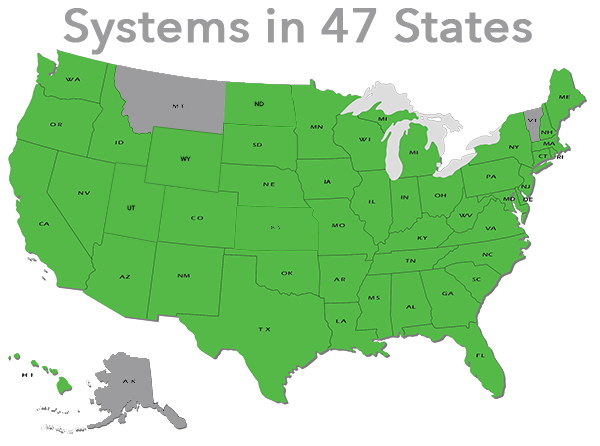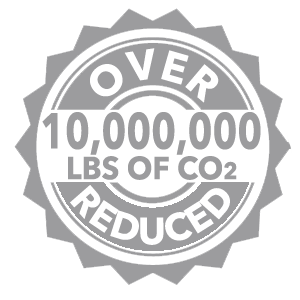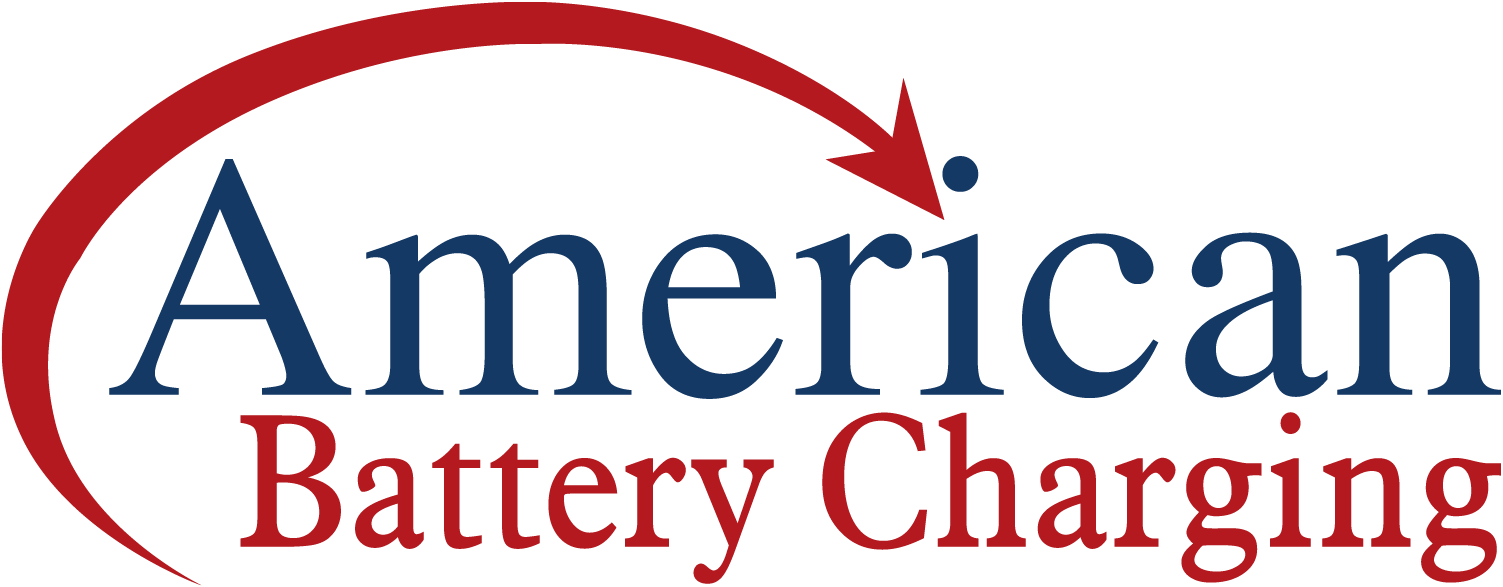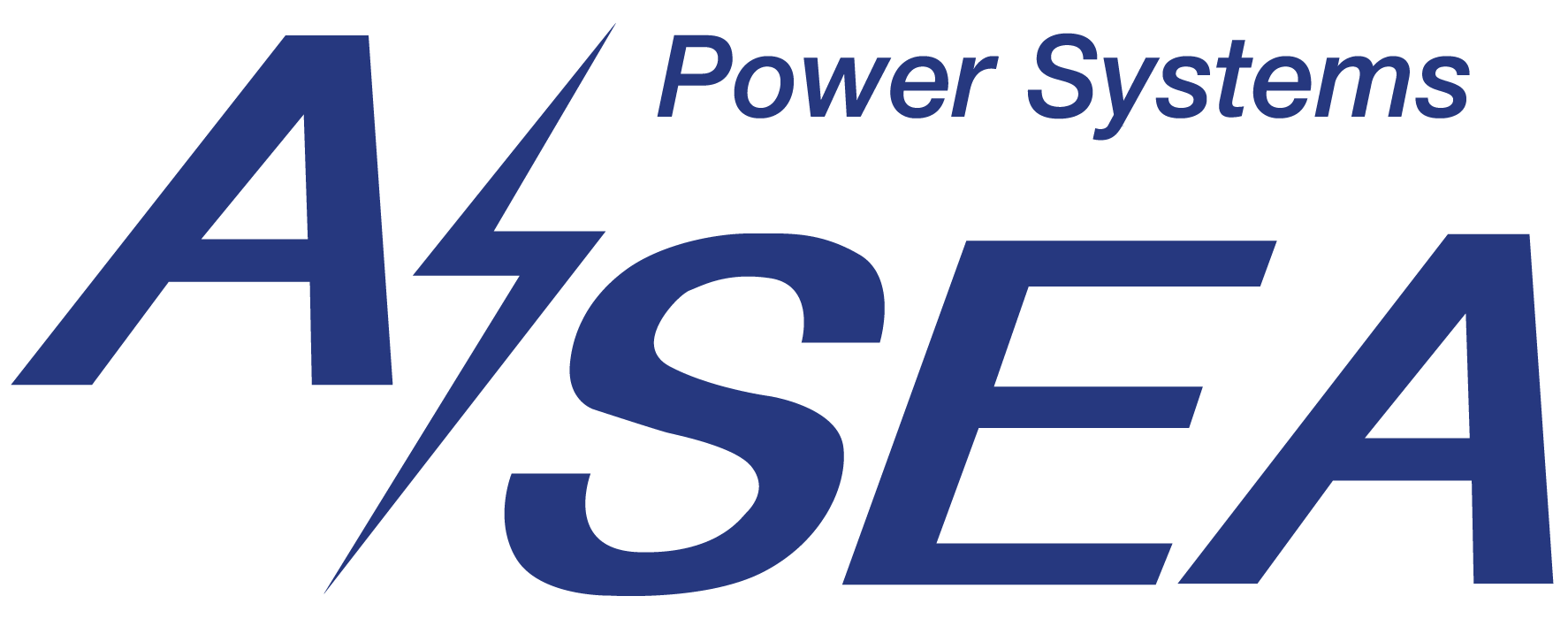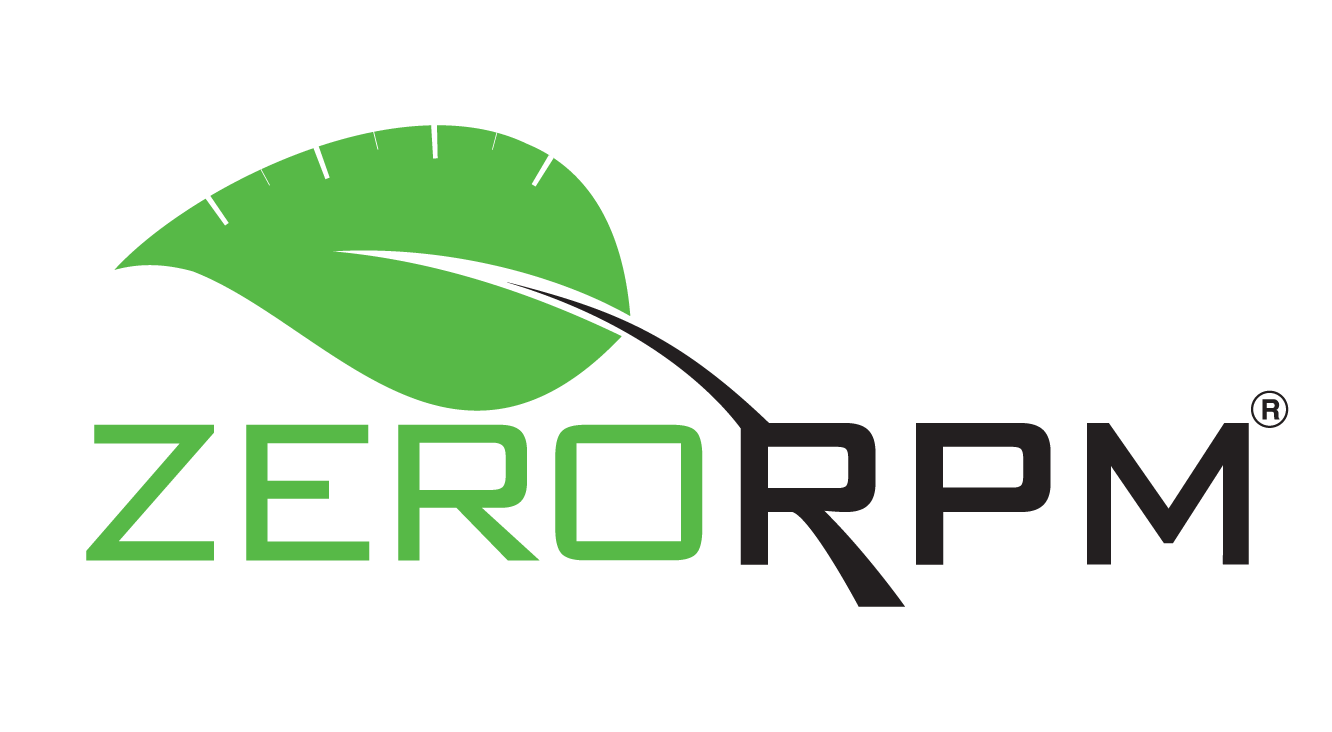#AskEnergySaver: Home Heating
To help you save money by saving energy, we launched #AskEnergySaver -- an online series that gives you access to some of the Energy Department’s home energy efficiency experts. During 2014, experts from the Department and our National Labs will be answering your energy-saving questions and sharing their advice on ways to improve your home’s comfort.
Home heating and cooling account for about 48 percent of the average utility bill. As the weather gets cooler, it’s important to weatherize your home in order to save money while staying cozy. And while we have lots of great tips for saving on heating and cooling, we know there are always more questions to be answered.
This month we asked you to share your questions about home heating. To answer them we turned to Iain Walker, a scientist at the Energy Department’s Lawrence Berkeley National Lab. His research focuses on how ventilation and air leakage impact a home’s energy use.
1. How can I recover my loss heat from my furnace exhaust?
-- from @DezGardner007 on Twitter
IW: The simplest way is to use a condensing furnace that uses a second heat exchanger to do exactly what you want. To do anything else requires skilled engineering due to the safety issues associated with hot gases in your furnace exhaust. Do not attempt any do-it-yourself! There are no stand-alone solutions other than furnace replacement.
2. What is the most efficient fuel for heating?
-- from Bfoughty via email
IW: It's not the fuel, it’s how you burn it. Any fossil fuel -- gas, oil or propane -- or even wood or coal needs to be completely burned and its energy extracted as much as possible. This takes a well-designed appliance and there are ratings for most common appliances, such as AFUE, or annual fuel utilization efficiency, for furnaces.
Electrical heating is more complex. Electric resistance heaters -- either baseboard or central forced air -- are less expensive but far less fuel-efficient than a heat pump. However, for electricity, overall efficiency depends on the fuel used to make it.
On average, generation and distribution loses about two-thirds of the energy in the fuel at the power plant, making it more or less equal to burning fuel in your home. Electricity does have the advantage of possibly not using any fuel. If your electricity comes from hydro, solar, wind or other renewables, no fuel is burned directly to heat your home.
3. I am moving into a flat with storage heaters in each room that are over a decade old. Should I try to change them?
-- from Carole via email
IW: If they are electric-powered appliances -- so long as they are safe and functioning -- I don't see any need to replace them. You might want to use timer or manual controls to make sure they don't operate when you are not home, for example, to save on your energy costs.
4. Are air leaks in a home really a big problem?
-- from Charlie Garascia via email
IW: Air leaks are about 25-30 percent of the heating and cooling load for a typical home. That is why air sealing is such a good idea, particularly as it is often an inexpensive option to upgrade your home's performance.
You should note, however, that just weatherstripping doors and windows might yield some big comfort benefits if you don't like cold drafts -- but it has a relatively small contribution to overall home leakage.
Your best bet is to hire an experienced contractor who knows what to look for (to find and seal the leaks in your home). There is also lots of advice online for where to look. Just bear in mind that some of the biggest holes you will need to seal are going to be in places like attics and crawlspaces.
Of course, there is a limit to all this. If the house is too tight, you might get too many indoor pollutants that could affect your air quality. That's why you need to also ventilate your home with a fan.
For more ways to save energy at home, check out Energy Saver.




